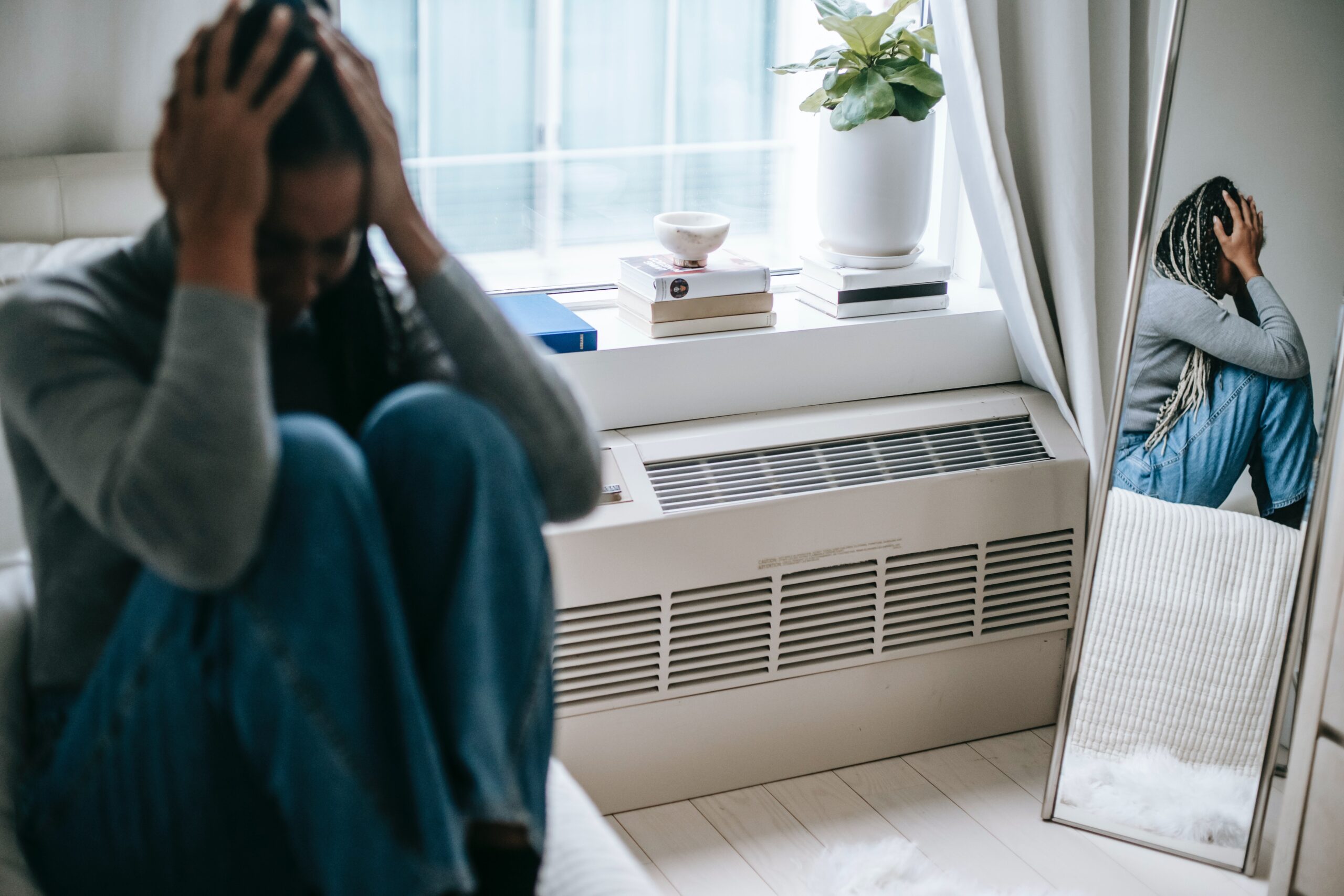Family courts in the UK are failing survivors of domestic abuse, with devastating impacts on their mental and physical health. That’s according to a new qualitative study from the University of Manchester, highlighting an unseen public health emergency in Britain’s justice system.
The research, published in the Journal of Family Trauma, Child Custody and Child Development, involved interviews with 45 women who accused their partners of abuse. It uncovered shocking stories of psychological and physical harm attributed directly to traumatic experiences in the family courts.
Psychological Trauma
The study found high levels of psychological distress among the women, which they blamed on the court process. Most said they suffered conditions like severe depression, suicidal thoughts, memory loss and flashbacks.
One woman described having a “complete mental breakdown” during proceedings, while others used words like “hell” and “torture” to convey their experience in court. Some even reported losing their jobs due to poor mental health stemming from the trauma of court.
According to lead researcher Dr Elizabeth Dalgarno, a lecturer in public health at Manchester University, “This is the first study to link family court proceedings with suicide ideation, suicide and mental and physical health problems in women who have been subjected to domestic abuse perpetrator behaviours.”
Physical Harm
Alongside psychological impacts, the research points to physical health deterioration among the women interviewed.
Many blamed conditions like Crohn’s disease, cancer, psoriasis and miscarriage on the stress of court. Others said existing conditions like diabetes, IBS and high blood pressure worsened during proceedings.
Two women even reported health emergencies among relatives during court hearings, with one mother having a heart attack and another losing her father to a heart attack while cases were ongoing.
The Role of Parental Alienation
According to the researchers, one reason for the traumatic court experiences reported is the claim of ‘parental alienation’. This is the unfounded theory that mothers manipulate children into making false allegations of abuse against fathers.
Despite being rejected by bodies like the World Health Organisation, parental alienation remains widespread in UK family courts.
Despite accusations of violence, 43 of the 45 fathers in the study were granted access rights to their children. Two even got custody despite convictions for child sexual abuse. Share on XOf the women interviewed, 39 had their testimony dismissed as ‘alienation’ by judges. The courts then granted child custody rights to their alleged abusers, forcing continued interaction with violent ex-partners.
“The women we spoke to in our study provide a graphic depiction of the costs of parental alienation allegations – a pseudoscientific belief system designed to control women and deny abuse – to their psychological and physical health,” said Dr Dalgarno.
A Public Health Emergency?
With 49-62% of private family court cases annually involving domestic abuse accusations, researchers believe these health impacts could represent an invisible public health crisis.
But without large-scale clinical studies of court experiences, it’s impossible to determine the true extent. The Manchester team are now calling for urgent research on what they term ‘court and perpetrator induced trauma’ or CPIT.
Dr Dalgarno said: “Though we can’t generalize from this qualitative study, the findings acknowledge the structural disadvantage and intrinsic societal misogyny faced by women, providing transferable insights into the wider population of mothers.”
The problems reflect wider concerns around the family courts’ handling of domestic violence. Government reports have highlighted issues like disbelief of children reporting abuse and unsympathetic attitudes to mothers.
With women already facing trauma from violence, the court experience compounds their suffering. As one woman told researchers, “I thought I was dying from the inside out.” Thousands more could be living through the same hidden anguish.
A Loaded System?
According to the study authors, biases within the family courts system are enabling continued abuse of vulnerable women and children.
They point to the close involvement of fathers’ rights groups like Families Need Fathers in court processes. Yet victim support organisations like Women’s Aid have a much smaller role.
Family courts in the UK are failing survivors of domestic abuse, with devastating impacts on their mental and physical health, according to a new qualitative study from the University of Manchester. Share on XWith the family court president even attending conferences of fathers’ rights activists, many see the system as skewed against mothers. The dismissal of abuse testimony as ‘alienation’ demonstrates how women struggle to get justice.
There are also concerns over staff training. A lack of understanding of domestic violence among judges and officials could feed into unsympathetic attitudes towards abused women in court.
Harming the Children
With mothers’ testimony frequently ignored, children too are being failed by the family courts.
Despite accusations of violence, 43 of the 45 fathers in the study were granted access rights to their children. Two even got custody despite convictions for child sexual abuse.
Where abuse is disregarded, children risk being ordered into contact with dangerous parents. And when custody goes to abusive fathers, mothers are left powerless to protect their child.
“The system is loaded against abused women,” said Dr Dalgarno. “Courts are often unsympathetic to them and the men’s rights group families need fathers conference was recently attended by the Family Court president and CAFCASS representatives.”
The Manchester study provides more evidence that Britain’s family courts are prioritising abusive fathers over vulnerable women and children. Without reform, the hidden crisis of CPIT will continue inflicting mental and physical damage on thousands.
As one woman in the study summarised: “The court process was worse than the actual abuse.”

